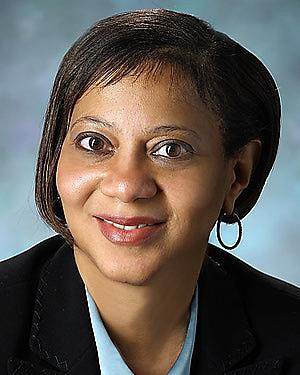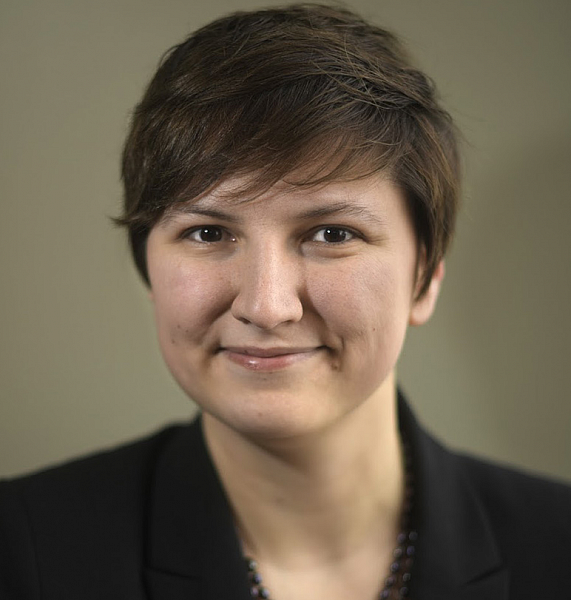Covering Coronavirus: The Pandemic’s Unequal Toll
The coronavirus pandemic has affected everyone — but not equally. Black, Latino and Native American communities in particular have suffered higher rates of infection and deaths, laying bare deep inequities in the American health care system and the social factors underlying health. Low-income communities rely heavily on safety net health centers and clinics for care, and at the same moment many of these providers are facing curtailed services or closures due to lost revenues during COVID-19. In this webinar, we’ll seek a deeper understanding on why minority and low-income communities are facing worse outcomes from COVID-19, and we’ll explore data tips and strategies for telling stories that capture the pandemic’s devastating toll and persistent threat to America’s most vulnerable residents.
Webinars are free and made possible by The Commonwealth Fund, the National Institute for Health Care Management Foundation and The California Endowment.
Panelists

Dr. Lisa A. Cooper is a Bloomberg Distinguished Professor at Johns Hopkins University School of Medicine and Bloomberg School of Public Health. She is also the James F. Fries Professor of Medicine in the Division of General Internal Medicine and a core faculty member in the Welch Center for Prevention, Epidemiology, and Clinical Research. A general internist, social epidemiologist, and health services researcher, Dr. Cooper directs The Johns Hopkins Center for Health Equity, where she and her team work on clinical trials and interventions to alleviate racial and income disparities in health outcomes. Dr. Cooper was one of the first scientists to document disparities in the quality of relationships between physicians and patients from socially at-risk groups. She is the author of over 180 publications and has been the principal investigator of more than 15 federal and private foundation grants. Her honors include a 2007 MacArthur Fellowship and membership in the National Academy of Medicine, the American Society for Clinical Investigation, the Association of American Physicians, and Delta Omega Public Health Honor Society. She obtained her M.D. from the University of North Carolina at Chapel Hill.

Jayme Fraser is an investigative data journalist for USA TODAY who focuses on health and its intersections with public policy, business, criminal justice and inequality. She is particularly interested in stories about the Midwest and West. Before joining USA TODAY, Fraser was an inaugural member of the ProPublica Local Reporting Network in Oregon, a state government reporter in Montana and a local watchdog in Texas. She was named a 2015 IRE Award Finalist as part of a Houston Chronicle team that investigated the jail death of Sandra Bland. More recently, she also co-taught an investigations class at the University of Montana that analyzed the state’s high rates of drug-exposed births.
Find Jayme Fraser's slides here.
Find Dr. Lisa Cooper's slides here.
Suggested reading & resources
- “A Game Plan to Help the Most Vulnerable,” by Lisa A. Cooper and Joshua M. Sharfstein, Politico
- “State COVID-19 Data by Race,” Johns Hopkins’ Coronavirus Resource Center
- “The Color of Coronavirus: COVID-19 Deaths by Race and Ethnicity in the U.S.” by APM Research Lab
- “The poorest will suffer: Safety-net health clinics cut services amid coronavirus pandemic,” by Jayme Fraser and Dian Zhang, USA TODAY
- “COVID-19 story recipe: Identifying communities at risk from the pandemic and its economic fallout,” by Jayme Fraser, Source
- “COVID-19 story recipe: Analyzing disparate impact based on race, poverty, and vulnerability in your area,” by Hannah Recht, Source
- “Outcry over racial data grows as virus slams black Americans,” by Kat Stafford, Meghan Hoyer and Aaron Morrison, AP News
- “Are people of color hit harder by COVID-19 in your state or city?” by Matthew Kauffman, Solutions Journalism Network
- “Many States Are Reporting Race Data For Only Some COVID-19 Cases And Deaths,” By Soo Rin Kim and Matthew Vann, FiveThirtyEight
